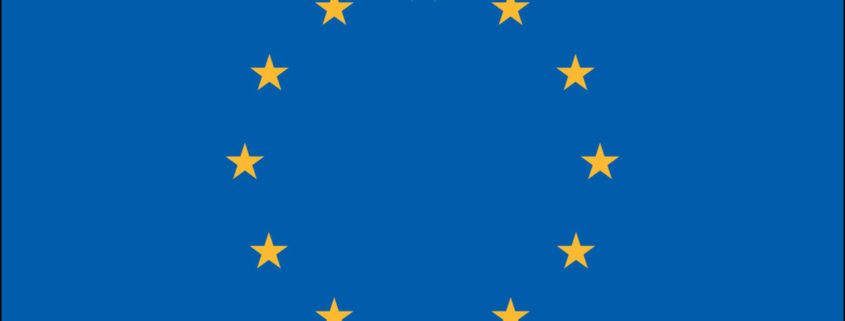The government of Canada has concluded that talc may be harmful to human health and therefore meets the criteria set out in paragraph 64(c) of CEPA (Canadian Environmental Protection Act). Based on information presented in the draft screening assessment,1 it has been proposed to add talc to the List of Toxic Substances (Schedule 1 of […]
Archive for year: 2018
In response to the Kigali Amendment to the Montreal Protocol, the Government of Canada has amended their current Ozone-depleting Substances and Halocarbon Alternatives Regulations to incorporate a hydrofluorocarbon (HFC) phase-down plan to limit HFC consumption by 85% by 2036. The plan begins in 2019, with a 10% cut to “baseline” levels of HFC consumption. This […]
The Kigali Amendment to the Montreal Protocol will officially come into effect on January 1st, 2019. The main goal is to phase down on powerful greenhouse gases, known as hydrofluorocarbons (HFCs). HFCs are synthetic substances used mainly in refrigeration, air-conditioning equipment, propellants in foams and aerosols. The global warming effect of HFCs is up to […]
As of April 1st 2019, fees for exemption claims filed under the Hazardous Materials Information Review Act (HMIRA) have been adjusted as indicated in the table below. Summary of the Annual Adjusted Fees: Claim Type Number of Claims (Filed at one time) 2018-2019 Fee Amount (per claim) […]
In a referendum on 23 June 2016, 51.9% of the participating UK electorate voted in favor of leaving the European Union (EU). On 29 March 2017 the United Kingdom notified the European Council of its intention to withdraw from the European Union, prompting a negotiating process to establish a Withdrawal Agreement by 29 March 2019. […]
Rite Aid has established a company chemical policy and has expanded their restricted substance list (RSL) from 8 to 69 substances. This updated list now includes additional parabens, phthalates, formaldehyde donors, nonylphenol ethoxylates (NPEs) and triclocarban. Currently, the main objective of this chemical management policy is to ensure the products that are being sold […]
On October 13, 2018 Environment Canada published a notice of intent to amend the Prohibition of Certain Toxic Substances Regulations, 2012. Several chemicals currently on Schedule 1 of the Canadian Environmental Protection Act, 1999 (CEPA) are being considered for amendments that would further restrict their manufacture, use, sale, and offer for sale and import. […]
Out of 33 363 dossiers submitted by the final REACH registration deadline on 31 May 2018, 32 515 dossiers have been granted registration numbers covering 10 708 different chemicals. The remaining dossiers are still lacking information and European Chemicals Agency (ECHA) is waiting for them to be updated before registration numbers will be granted. […]
The Toxic Substances Control Act (TSCA) mandates EPA to designate substances on the TSCA Chemical Substance Inventory as either “active” or “inactive” in U.S. commerce. To achieve this, EPA finalized a rule that requires industry to report chemicals manufactured, imported, or processed in the U.S. over the ten-year “lookback” period ending on 21 June 2016. […]
8 October 2018 is the final deadline for implementation of GHS in Mexico. At this time the mandatory standard NOM-018-STPS-2015 will enter into force, which implements the 5th revised edition of the Globally Harmonized System of Classification and Labelling of Chemicals (GHS). The previous Mexican regulation governing the content of Safety Data Sheets (SDSs), NMX […]

